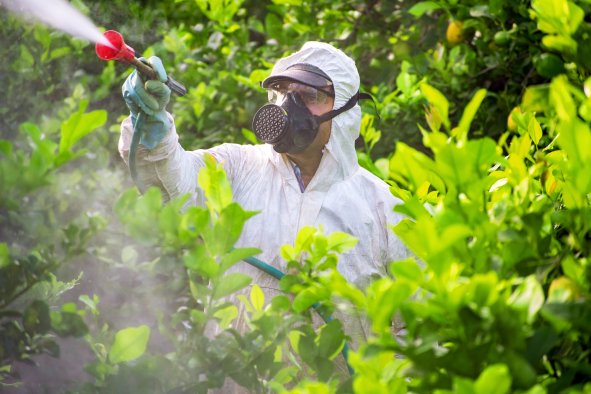As the opening ceremony of the 2024 Olympics begins in Paris on Friday, a new study has found that ice usage at the Games has reached "extraordinary levels", despite a lack of proven efficacy.
Researchers estimate that the Paris Games will require 650 tons of ice for treatments such as cryotherapy, ice baths, compression pumps, cold water immersion, and heatstroke management.
This is more than ten times the approximately 64 tons used during the Tokyo Games in 2020.
The study, published in the British Journal of Sports Medicine, highlights that this excessive use of ice is unsustainable, harmful to the environment, and very costly.
The researchers argue that it could strain local and regional resources and question the scientific validity of many purported benefits of ice, noting that these benefits often lack evidence-based support.
Cold water immersion accounted for 10 percent of treatments prescribed by physiotherapists at the Olympic polyclinics in Athens 2004 and London 2012. This figure rose to 44 percent by Rio 2016, with 98 percent of these treatments used for recovery purposes and the remaining 2 percent for injury treatment.
"Apart from logistical challenges related to production, transportation, and storage, ice is often used to obtain benefits which are not evidence-based. More importantly, ice could have the opposite effect to that expected, such as delayed tissue regeneration or impaired recovery," the study authors said in a statement.
The researchers state that pooled data analyses show cold water immersion is more effective for muscle power and perception of recovery compared to active recovery, massage, or contrast baths, alternating hot and cold water.
However, recently published studies indicate that cooling can decrease long-term strength adaptations and may impair performance after exercise, the researchers said.
The authors acknowledge that cold water immersion is effective for quickly relieving heat exhaustion following exercise in hot conditions, alleviating muscle soreness after extended exercise in normal temperatures, and reducing anticipated muscle soreness from several days of training.
They stress though that it shouldn't be used for recovery between consecutive bouts of high intensity training, nor immediate or long-term recovery after resistance exercise.
Ice is also commonly recommended for the treatment of injuries, particularly soft tissue injuries, but the scientists say there is little current evidence to support that approach.
"The sport and exercise medicine community needs better data on the actual amount of ice consumed at major sporting events, for what purposes, and at what financial and environmental costs," they wrote.
"When planning for the provision of ice, organizers should aim to minimise the use of non-evidence-based practices and promote better sustainability. Ice should, however, remain available for certain situations, including acute pain relief, specific recovery needs, and management of exertional heat stroke."
Do you have a tip on a health story that Newsweek should be covering? Let us know via science@newsweek.com.
Disclaimer: The copyright of this article belongs to the original author. Reposting this article is solely for the purpose of information dissemination and does not constitute any investment advice. If there is any infringement, please contact us immediately. We will make corrections or deletions as necessary. Thank you.




